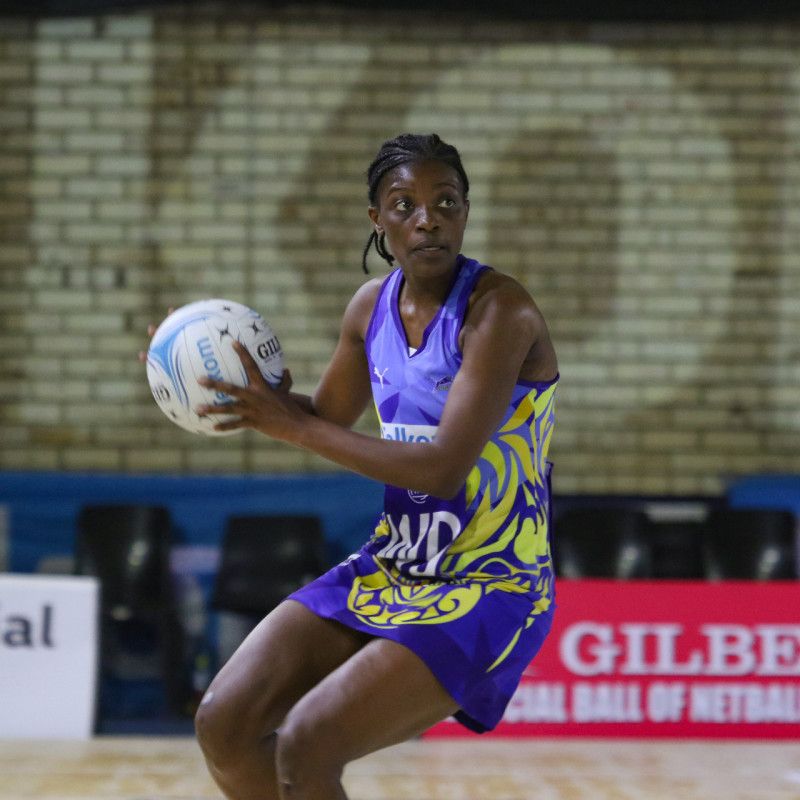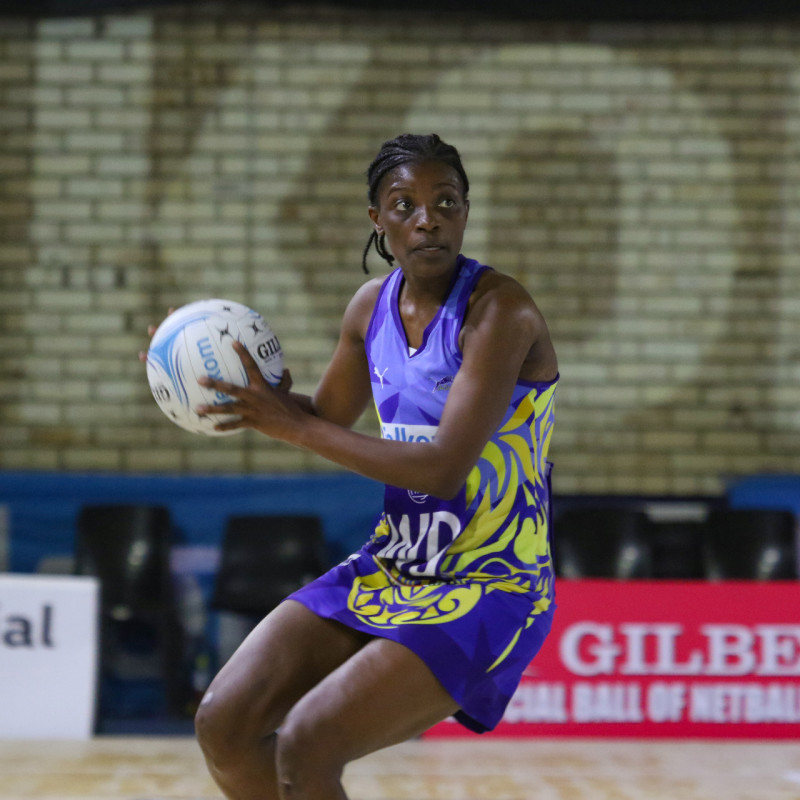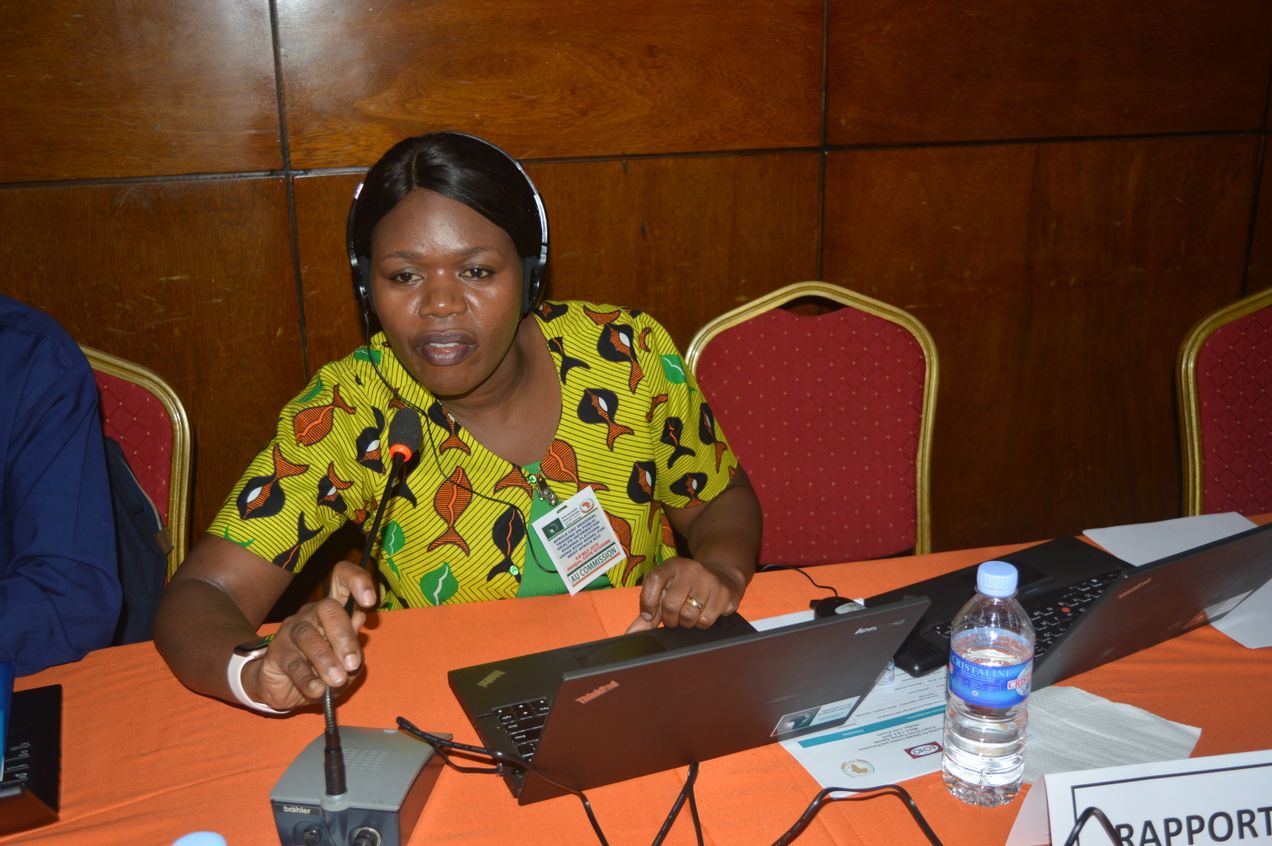
Conquered Covid, But Plagued by Unequal Pay
Netball is a great sport for fitness and health wise and every individual there is very competitive, but it doesn’t pay as much as any other sporting code, especially male sports.

For sports lovers, the postponement of games and tournaments or them going ahead behind closed doors and in a bio-bubble environment, has been a strange experience and any but enjoyable. For sportswomen, it has been equally challenging.
Lungile Mthembu, is national team Netball player, who experienced playing in a highly controlled environment in order to complete the Netball season.
“It’s different for everyone but for me and my teammates, we thought, if we play against its each other, lets grow each other,” she reflects on the taste of a bio-bubble that was created in order for Netball South Africa to ensure the Netball League took place in order for the sport to not miss out on a year of action.
“It was a more of a self-challenge,” she adds on the tournament. “Everything was about self-introspection. It was personal goals that needed to be achieved and because we had to wait 7/8 months before we could play the sport that we love, and wanted to play, but we couldn’t”.
For Mthembu, the return to play was even more significant because as the South African government fought to handle the spread of the disease, she became a statistic herself after contracting the virus.
Recalling how she came to find out she had contracted Covid19 in August 2020, she remembers how on her way back from training, she and her training partner stopped at a petrol station to buy a few drinks.
Despite being lactose intolerant, Mthembu was in the mood for the dairy drink, Steri Stumpie.
“When I came home I was so sick, but I thought it was the milk.”
To try and feel better, after going through a variety of symptoms, including wanting to lay down, then sitting up, feeling hot and cold, she then decided to take a shower but during that process felt sore all over her body.
“Even my arms, I had a tingly sensation.”
After her shower, she told her roommate – who is also her trainer partner - that she thinks she might have contracted the virus.
Just to be sure, she then had a hot meal to test if she was experiencing any other symptoms.
“We had rice and meat but I couldn’t taste or smell it”.
As the day progressed and into the night, she continued to feel worse. Having gone to be bed wearing a hoodie, she felt hot during the night and took it off. She also had a long lasting headache, which was unusual since she didn’t often suffer from them.
The next day she asked her training partner if she was feeling any of the symptoms, and she admitted she was feeling bad.
Having gone for her own test, her trainer partner turned up with a positive result – confirming that Mthembu had contracted the virus too. They then informed their coach, who told the ladies to go straight into isolation.
After 14 days in isolation, Mthembu recovered then came the challenge of trying to regain her fitness and trying to get back to playing.
“We almost gave up,” she admits about the first few days in what was once her normal training regime.
“We had to wear watches that monitored our heart rates and take everything step by step because if we do something wrong, we would fall back”.
With doctors stationed at the High Performance Centre in Pretoria to find out the long terms effects of the Virus on athletes, Mthembu was able to find out that her heart was leaking.
“We don’t know if it’s the after effects of Covid or if I’ve always had it, but it’s not anything serious. The cardiologist says I can live something like 50 more years”.
Their lung functions however were impacted, as well as their muscle, endurance and agility as a result of contracting the virus.
It was like going back to basics once given the freedom to train again, Mthembu remembers.
“After one jog from one side to the other side of the court, we would have to wait ten minutes for our heart rate to come down. Our heart rate had to be between 140bpm to 157bpm. With one jog, our heart rates were at 170bpm”.
“Our lungs didn’t work, my heart was pumping, and my legs weren’t moving”, she remembers of her return to health in September.
“It was a hard recovery road”.
It wasn’t just the physical aspect of dealing with the virus, but there was a mental aspect that Mthembu had to work on.
“I had to find small stuff that I knew would motive me. One of them was the fact that I had a bursary (to do her Honours at the University of Pretoria). I thought this was a waste and I thought ‘can we do this next year’ but I knew because of the bursary, which states that if I don’t play I have to pay back the money, I had to keep pushing. It’s sad that I had to find an external reason but I couldn’t afford to pay back the amount just because I didn’t play. I was at my lowest, I didn’t know if I wanted to continue but I did”.
The athletic dream for Empangeni, KwaZulu- Natal, born Mthembu, began in primary school but it wasn’t netball that initially drew her interest.
“I played hockey, soccer, I did athletics. I actually don’t remember playing Netball until grade 10”.
Even taking to that sport was by chance due to her hockey coach’s maternity leave, the school’s high school netball coach encouraged her to switch codes.
Being impressed by her skills on the netball courts, her then coach Zola Stark, gave her the nickname Rambo for the way she dominated the game.
Stark would also play a key role in getting Mthembu scouted as she found creative ways to get her to trials.
“She said it in a very joking way and said ‘let’s go to Durban’, and I asked what we are going to do there. She never said why, only told me to take my takkies (shoes) and go. We get to Durban and I start playing and I make the team but she didn’t tell me it was trials for national champs”. She made the national side, and the rest is history.

The challenge for Mthembu, and for many professional femal athletes, is the unequal pay in sport.
“Netball is a great sport for fitness and health wise and every individual there is very competitive, but it doesn’t pay as much as any other sporting code, especially male sports. So investing so much time in it, and not being paid… look, I studied and I need to find a job”.
Such thinking is common for a lot women athletes because unfortunately, what they excel in often doesn’t pay as much as other sports.
”It’s disheartening,” Mthembu says of players not being able to make a living out of their talent. “Economically speaking, in our country we do not have the luxury of carrying on with our passion when we do not benefit.
"I want to keep playing, I really do, but I’m at a point where I must make a choice between my passion and making a living.” Mthembu wishes this was not the case, but sadly it is, for many sportswomen.

